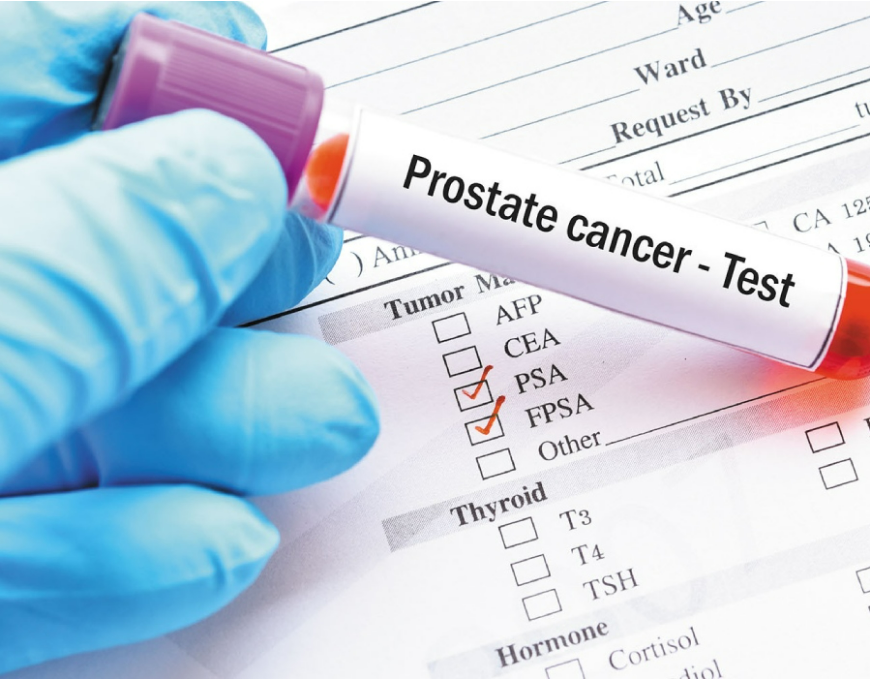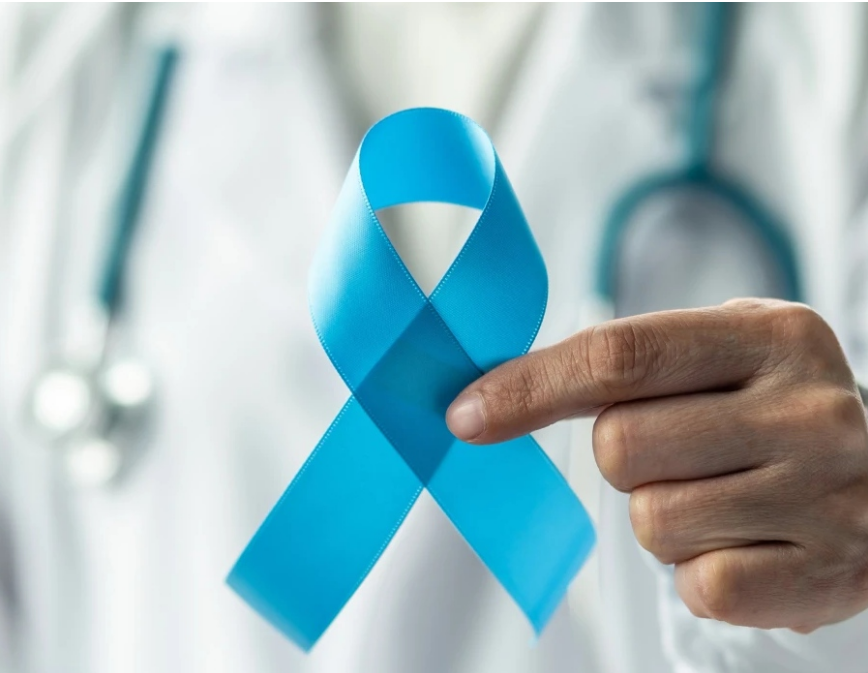- +91-9484540774
- goodlifepainclinic@gmail.com
- Vadodara, Gujarat - 390015

Prostate cancer is a type of cancer that affects the prostate gland, which is a part of the male reproductive system. It is the most common type of cancer found in men, with over 175,000 new cases diagnosed each year in the United States alone. At Good Life Clinic, we are dedicated to providing information and resources to help men and their loved ones understand and cope with this disease.

While the exact cause of prostate cancer is still unknown, certain factors may increase a man’s risk of developing it. These factors include age, family history, race, diet, and lifestyle choices. Men over the age of 50 and those with a family history of prostate cancer are at a higher risk. African American men and men who consume a diet high in red meat and fat are also more likely to develop this disease.

To assess for prostate cancer, your doctor may perform a digital rectal exam or a blood test called prostate-specific antigen (PSA) test. It is essential to discuss with your doctor when and how often these assessments should be done as they vary based on age and other risk factors.

In its early stages, prostate cancer may not cause any noticeable symptoms. However, as the disease progresses, some common signs and symptoms may include frequent urination, difficulty urinating, blood in the urine or semen, pain in the pelvic area, and erectile dysfunction. If you experience any of these symptoms, it is crucial to consult with your doctor for proper evaluation and diagnosis.

If you are diagnosed with prostate cancer, your doctor will determine the stage of the disease to help guide treatment options. This evaluation may include imaging tests, such as CT scans or MRI, and a biopsy to analyze the cancer cells. Understanding the stage of your cancer is essential in developing the most effective treatment plan.

Treatment for prostate cancer depends on various factors, including the stage of the disease, overall health, and personal preferences. The most common treatment options include surgery, radiation therapy,nuclear medicine therapy, immunotherapy hormone therapy, and chemotherapy. It is essential to follow your doctor’s instructions during treatment, including taking any prescribed medication and attending follow-up appointments.

Even after completing treatment, it is necessary to continue monitoring for any potential recurrence of prostate cancer. Good Life Clinic provides support and resources to help survivors navigate life after treatment. It is also essential to maintain a healthy lifestyle, follow up with regular check-ups, and communicate openly with your doctor about any symptoms or concerns.

A: Maintaining a healthy lifestyle, including a balanced diet and regular exercise, may lower your risk.
A: Your doctor will consider your age, overall health, and the stage of the disease before recommending a treatment plan.
A: While there is no known single gene responsible for prostate cancer, a family history of the disease may increase your risk.
A: The chances of curing prostate cancer depend on the stage of the disease at the time of diagnosis. Early detection and treatment can improve the chances of a successful cure.
A: Yes, Good Life Clinic provides resources and support for both men and their loved ones dealing with prostate cancer. We also encourage joining support groups to connect with others going through a similar experience.
Cancer is on a rise. Each year more than 1 crore people lose their lives to cancer. We understand that the quality of life is equally important to the quantity of life. Our treatments always keep the quality of life in focus. This has helped us achieve exceptional patient outcomes.

Pain and Palliative Specialist
MBBS from KMC, Mangalore, Manipal University
MD Anaesthesia from People's College, Bhopal
FIAPM (Fellowship in Pain Medicine)
Daradia, Kolkata
EDPM - European Diploma in Pain Medicine, Belgium

Medical oncologist and Hematologist
MBBS from UCMS and GTB hospital, Delhi
MD Radiation oncology from the prestigious KGMU college, Lucknow
DM Medical Oncology from Ramiah Medical College/ HCG Ramiah Hospital, Bengaluru
ESMO - Certified European Society for Medical Oncology